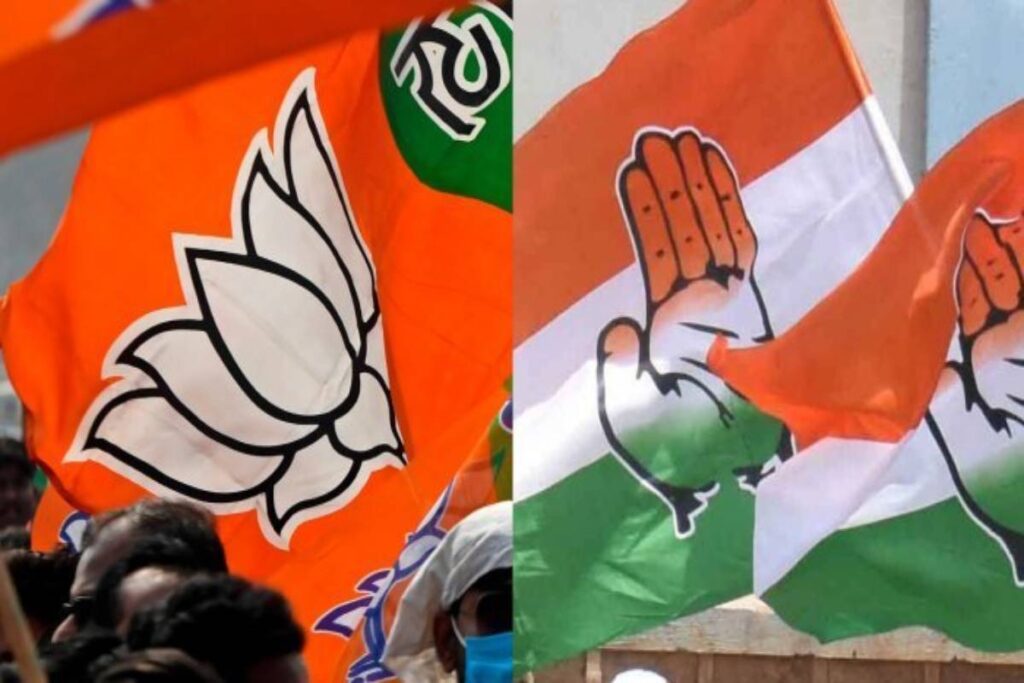An often overlooked aspect of this election is the starkly different approaches of the Bharatiya Janata Party and the Indian National Congress in the areas of technology and human rights. This difference is not just an academic one but could impact the socio-economic fabric and governance ethos of the country. The Bharatiya Janata Party's manifesto is technology-centric and envisions a future where technology is the linchpin of development.
In the chapter, “PM Modi’s Assurance of Technological Innovation”, the BJP outlines ambitious plans to leverage cutting-edge technology in various sectors. From leveraging AI for language preservation to adopting drones in fishing, the party’s commitment to technological innovation is clear. Initiatives like expanding 5G and pioneering 6G technology, pushing ahead with a graphene-based program, and embarking on a national quantum mission underscore the vision of making India a global technology powerhouse. However, this aggressive push towards technology has raised serious concerns that it does not give equal importance to rights and privacy. While the BJP manifesto makes extensive mention of technological solutions, it is conspicuously silent on how these advancements will safeguard the privacy and rights of citizens.
At a time when data privacy is paramount, this omission is significant. The manifesto does not clearly state how existing data protection laws will be enforced or improved to protect individual privacy in the midst of a technology boom. This gap is alarming as it suggests a potential oversight in balancing technological advancements with fundamental civil liberties. In stark contrast, the Congress manifesto adopts a more cautious approach, focusing on a rights-based framework. While acknowledging the importance of technology in driving economic growth and job creation, its primary focus is on protecting and enhancing human rights. The Congress promises to safeguard intellectual property rights, enforce the Disability Rights Act, and ensure legal protection for gig workers and domestic helpers. Additionally, the party aims to amend the Digital Personal Data Protection Act to prevent government abuse of power and censorship.
The Congress' approach suggests a commitment to socio-economic equality and legal protections, although there is no guarantee that technological advances will not infringe on individual rights. The party's manifesto emphasizes the importance of tackling systemic issues such as discrimination against women and protecting the rights of religious minorities, and aims to foster an inclusive society. These differences in the manifestos reflect broader ideological differences between the two parties.
The BJP's tech-solutions approach is forward-looking, but risks obscuring important human rights issues. Congress's rights-centric agenda is less technologically ambitious but focuses more on legal and social frameworks. For India, the way forward must balance these two approaches. Technological advances are undoubtedly important for economic growth and global competitiveness. But they must be pursued without sacrificing the protection of individual rights and privacy. A balanced strategy that integrates technological innovation with strong rights-based safeguards will ensure sustainable and inclusive development.



